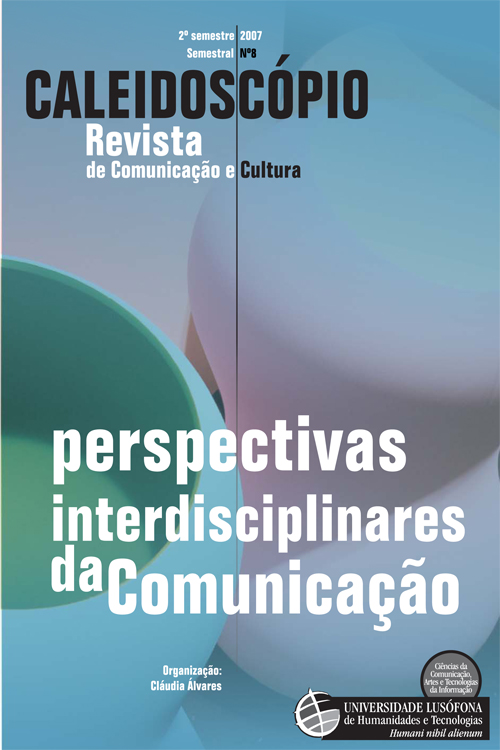"Qual é o interesse em contar histórias que nem sequer são verdadeiras?"
Abstract
A escrita pós-moderna de Salman Rushdie faz confluir, de modo irónico, tradições aparentemente incompatíveis entre si. No seu romance Haroun and the Sea of Stories (1990), os recursos de Rushdie a várias culturas reúnem-se para dar origem a uma nova e imaginativa consciência multicultural. Claro que esta atitude é baseada na suposição de que as tradições não devem ser rejeitadas como irrelevantes, já que constituem aquilo que é a nossa herança cultural. O próprio Rushdie associa a escrita ficcional à procura de uma noção de verdade, por muito irónica que esta seja, defendendo que a condição contemporânea se caracteriza pela rejeição de explicações totalizantes. Para além disso, Ruhdie afirma que o romance, como forma criada para discutir a fragmentação da verdade, se insere nesta demanda. É como se ele, em Haroun, também quisesse recriar nos seus leitores a desinquietante, senão exultante, semelhança com o mundo exterior, em constante movimento de redefinição. Neste sentido, esta “chutnificação da história”, como Salman Rushdie lhe chama, não nega nem a noção do passado, nem a da identidade, confirmando, antes pelo contrário, que tanto a história como as identidades que cria constituem processos intermináveis.Downloads
Download data is not yet available.
Issue
Section
Artigos
Authors who publish with this journal agree to the following terms:
- Authors retain copyright and grant the journal right of first publication with the work simultaneously licensed under aCreative Commons Attribution License that allows others to share the work with an acknowledgement of the work's authorship and initial publication in this journal.
- Authors are able to enter into separate, additional contractual arrangements for the non-exclusive distribution of the journal's published version of the work (e.g., post it to an institutional repository or publish it in a book), with an acknowledgement of its initial publication in this journal.
- Authors are permitted and encouraged to post their work online (e.g., in institutional repositories or on their website) prior to and during the submission process, as it can lead to productive exchanges, as well as earlier and greater citation of published work (See The Effect of Open Access).


